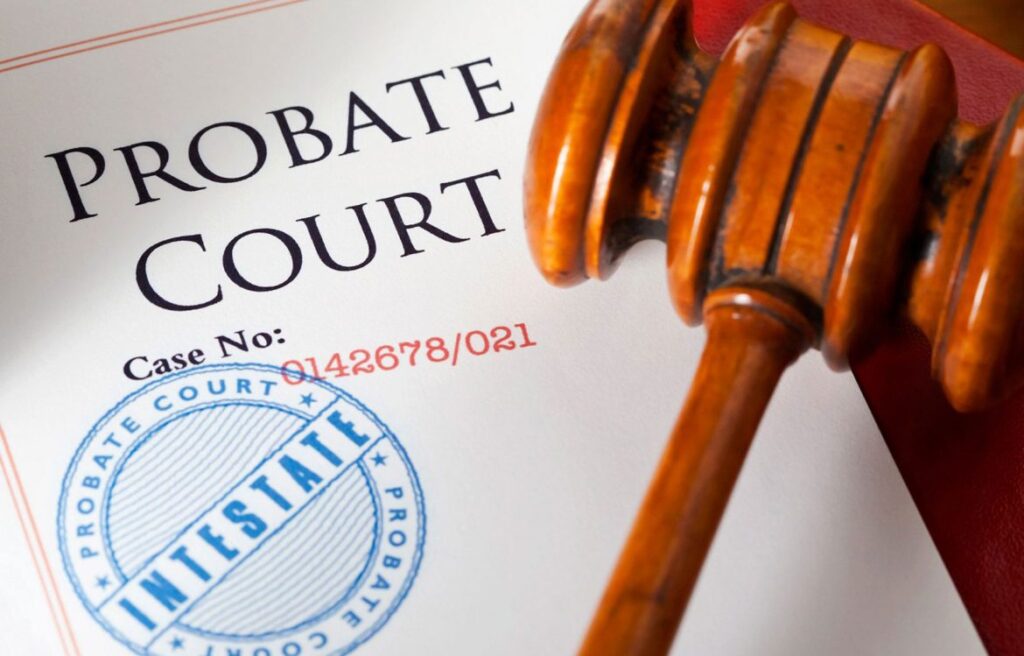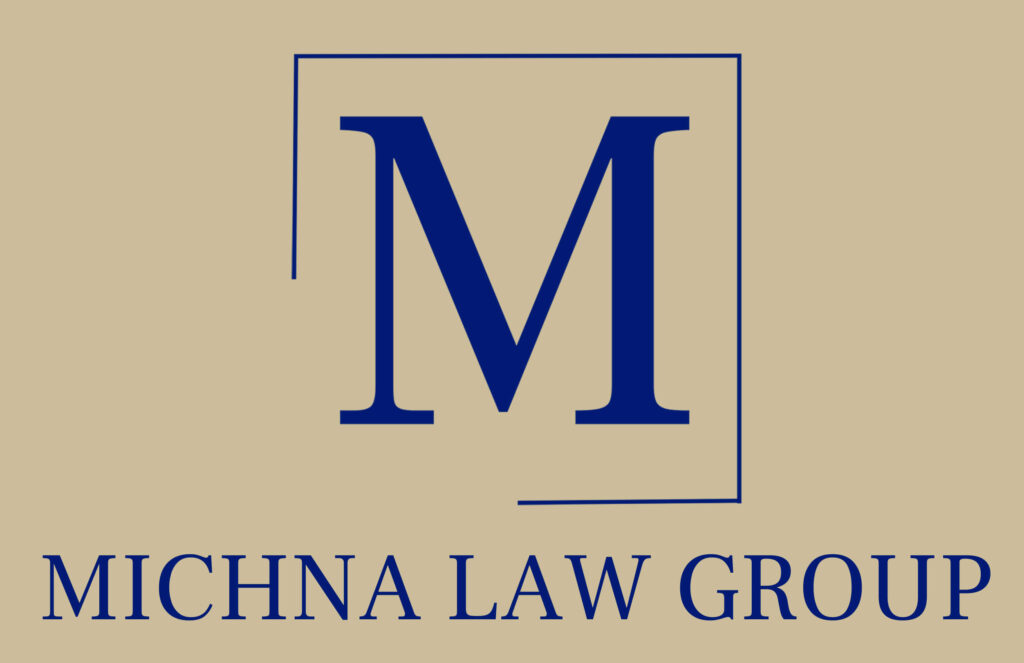Probate

Probate Law Services Offered by an Established Chicago Law Group
Probate is the legal process through which a decedent, a diseased individual, passes on assets to his or her heirs. During the process, any outstanding debts and taxes are also paid off using funds from the estate.
The probate process tends to be long and complex in nature, and the court process has many requirements. At Michna Law, we can assist with smoothing the process and easing the burden by making the appropriate probate filings, public notices, handling court appearances, and assigning an executor for the estate. In the instance of claims against the estate from family members or creditors, we offer litigation services.
The Probate Process
The Four Step Process of Administering a Decedent’s Estate
Administering a decedent’s estate is a process referred to as probate. It may seem complicated and overwhelming, but can be broken down into 4 steps:
Step 1 – File a Petition
Probate begins when the petition is filed with the probate court where either the will will be admitted to probate and an executor appointed or, if there is no will, an administrator of the estate will be appointed. This will usually be the spouse or an adult child of the decedent. Once they have been appointed by the court as an executor, they become the legal representative of the estate.
Notice of the court hearing must be provided to the decedent’s heirs and beneficiaries, and will usually also be published in a local newspaper.
Step 2 – Give Notice to Known Creditors and Take an Inventory
Once the personal representative has been appointed by the court, they will need to give notice to all known creditors and to take an inventory of the estate. The inventory includes any property, stocks and bonds, business interests, and any other assets.
Step 3 – The Estate Must Pay for Estate and Funeral Expenses
The personal representative settles creditors’ claims and the estate’s final bills.
Step 4 – The Property’s Legal Title is Transferred
Once all creditors’ claims have been settled, the personal representative will transfer the remaining assets to beneficiaries as laid out in the decedent’s last will and testament, or according to Illinois’s intestate succession laws if there is no will.
While a will does not necessarily eliminate the need to go through probate, it makes the process smoother by providing clear instructions for the court to follow when distributing the individual assets. It is vital, therefore, to have a drafted will that is regularly updated, as well as a complete records of debts and assets to ensure that the probate process runs as smoothly as possible. To find out more about our will drafting services, please click here.
Probate Lawyers in Chicago
If you are looking for a probate attorney in Chicago, please set up an appointment with one of our experienced probate lawyers by giving us a call on 847.446.4600, or filling in the form below.
Contact Us
Call the main office at
847.446.4600
Send email inquiries to
info@michnalaw.com
Free Consultation
We are always here for you





